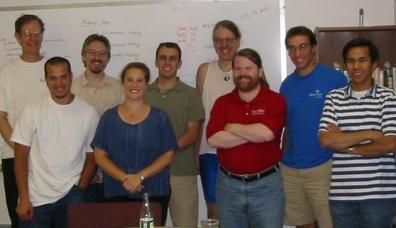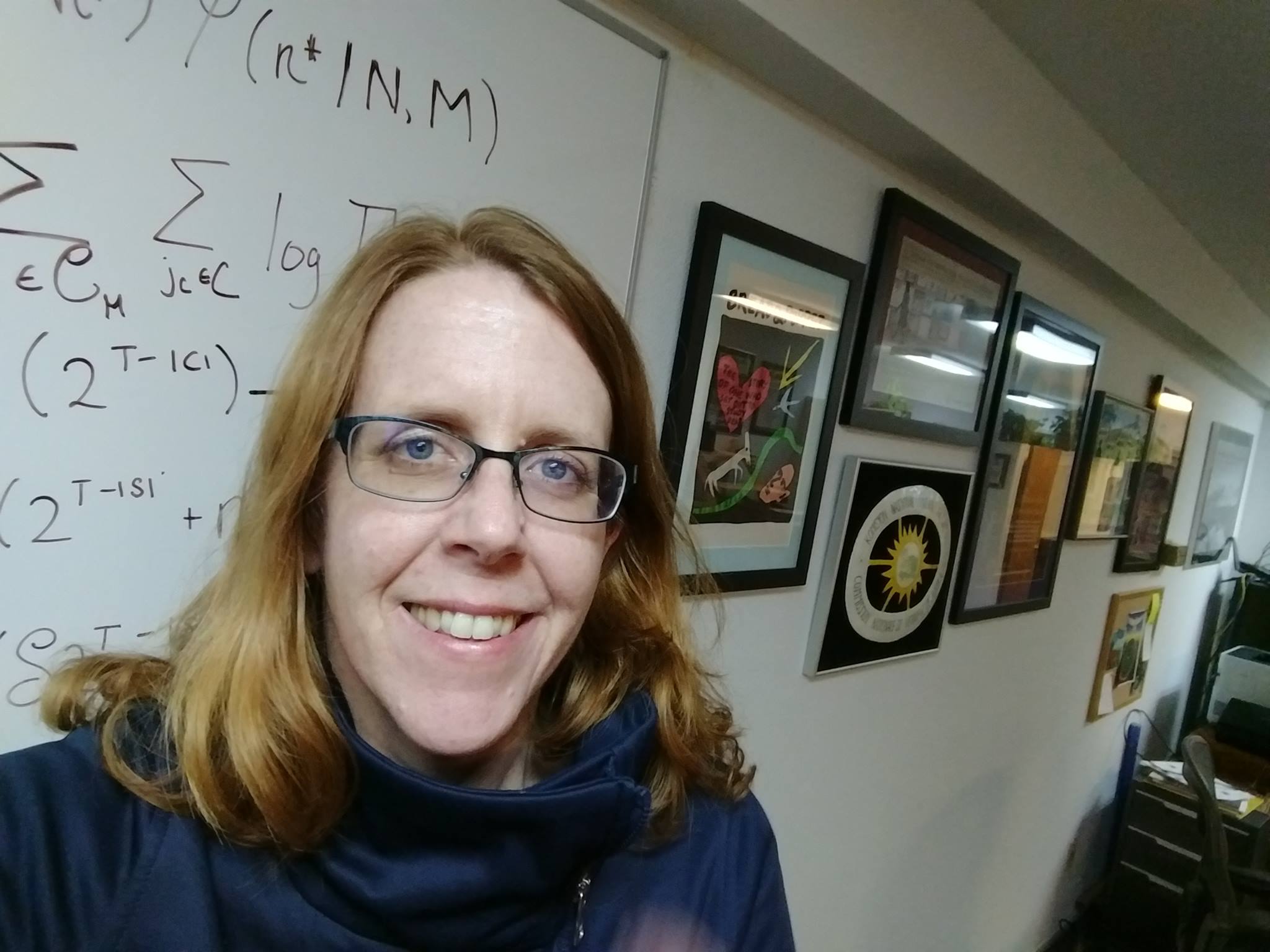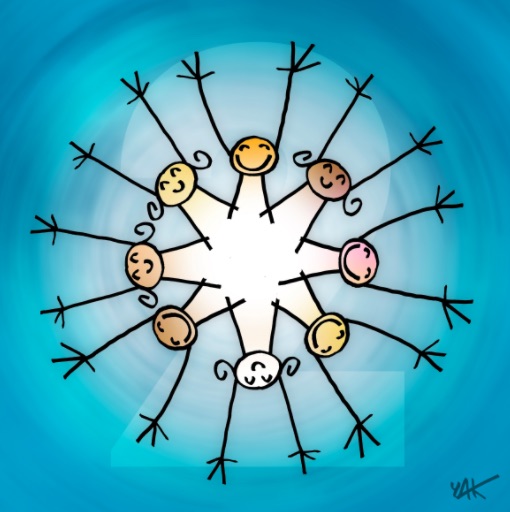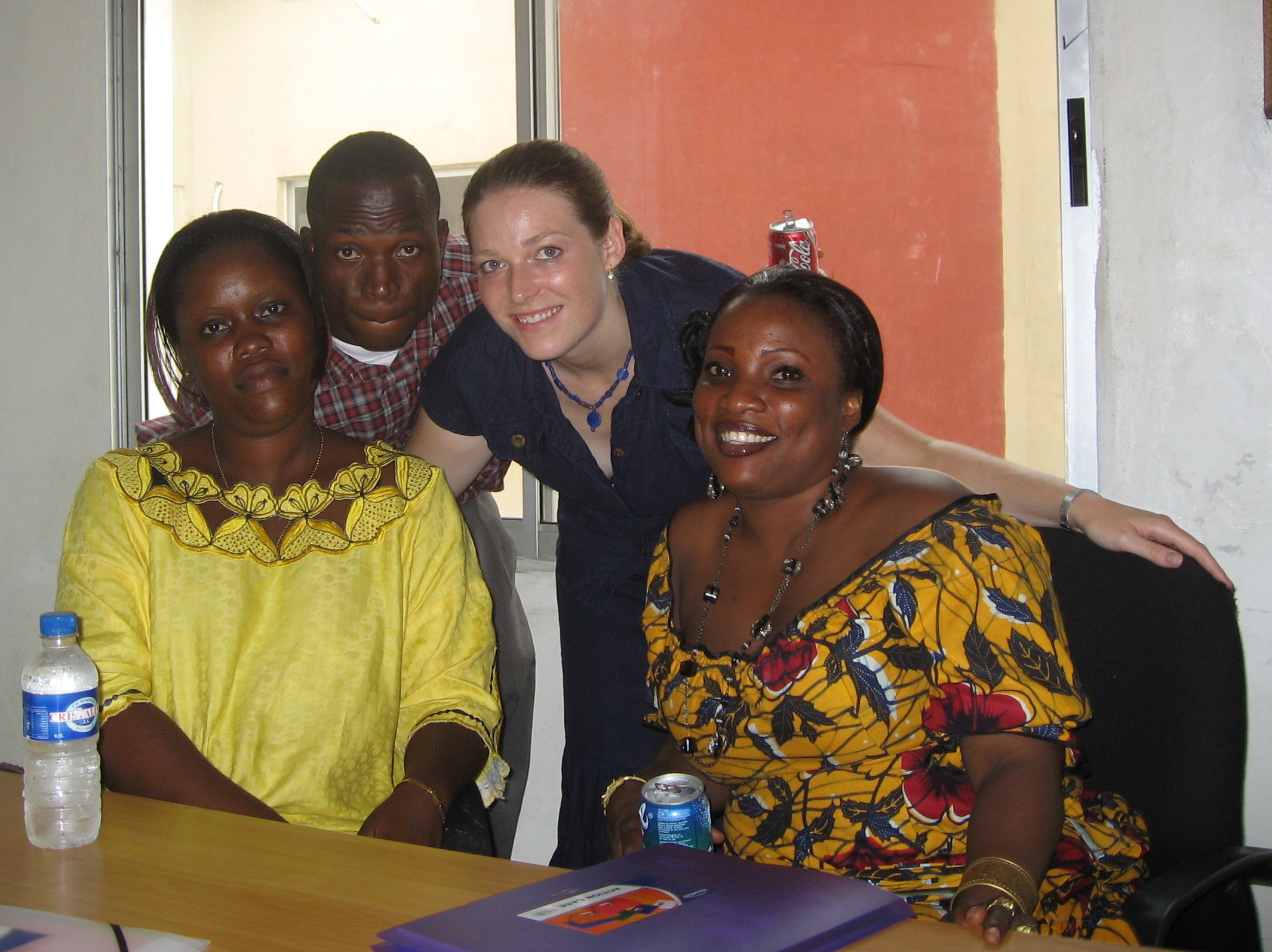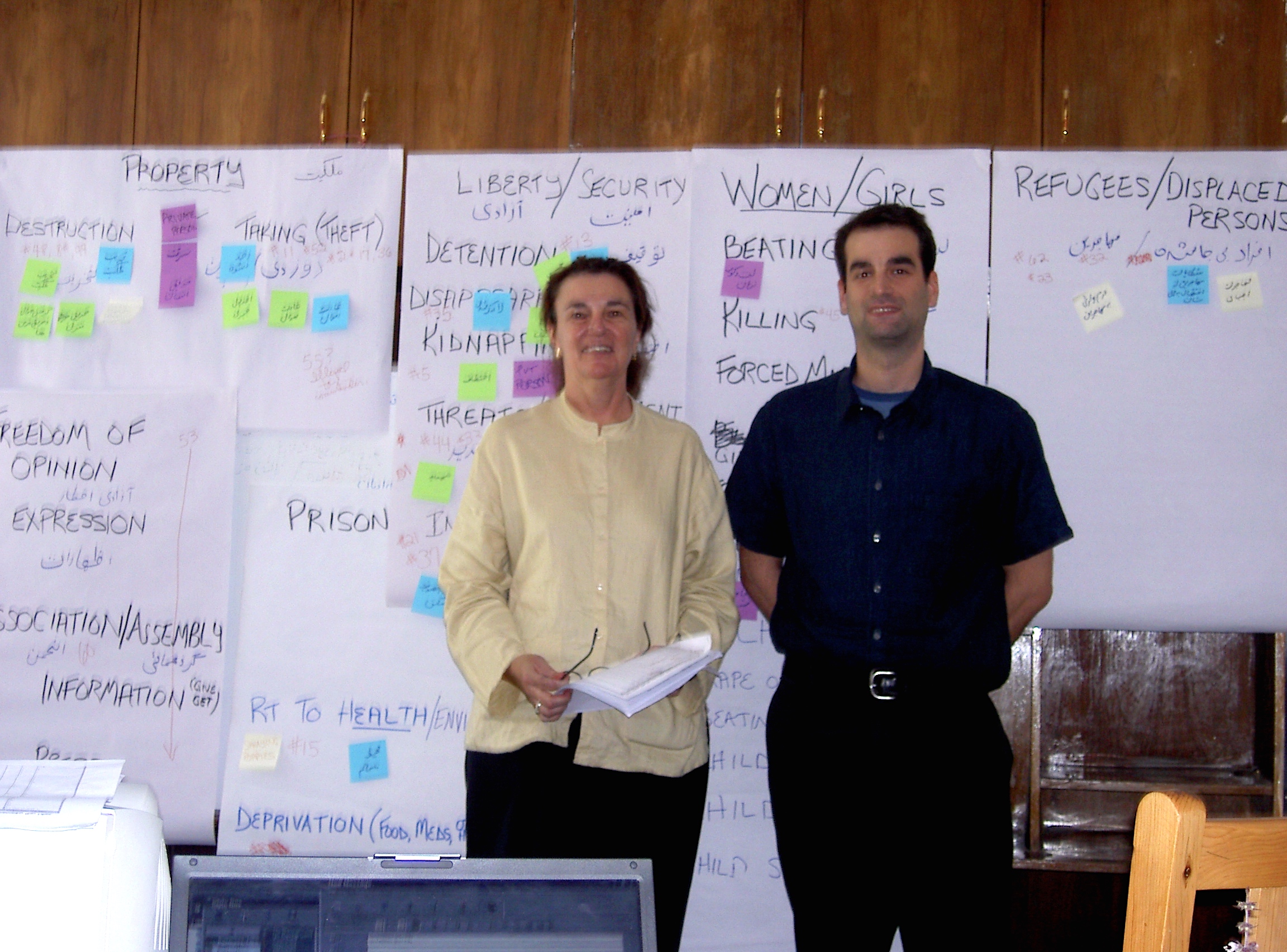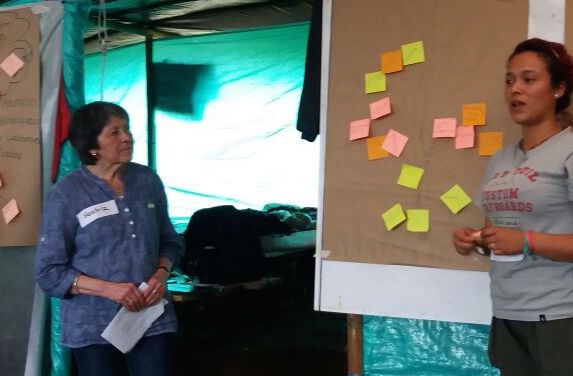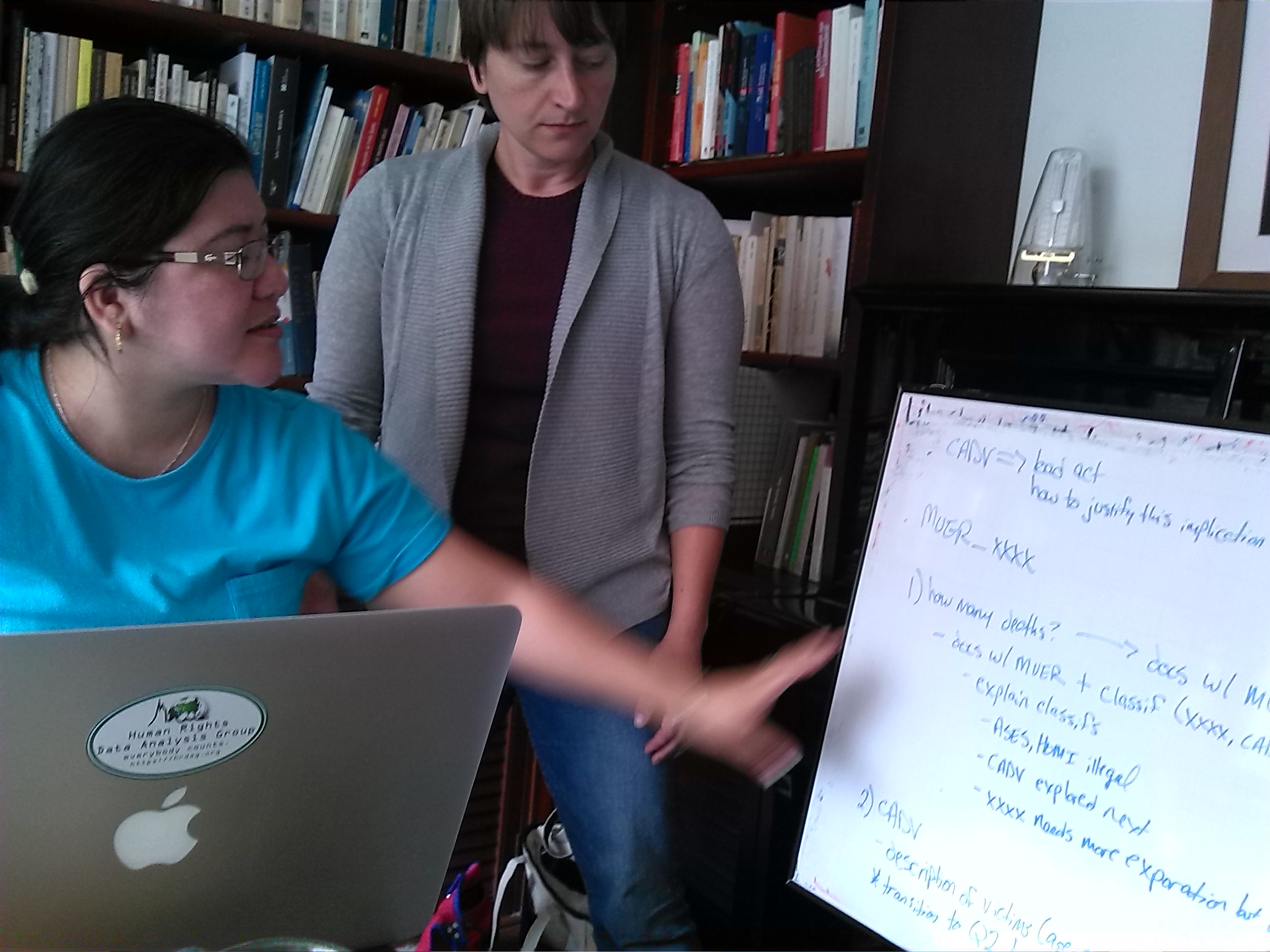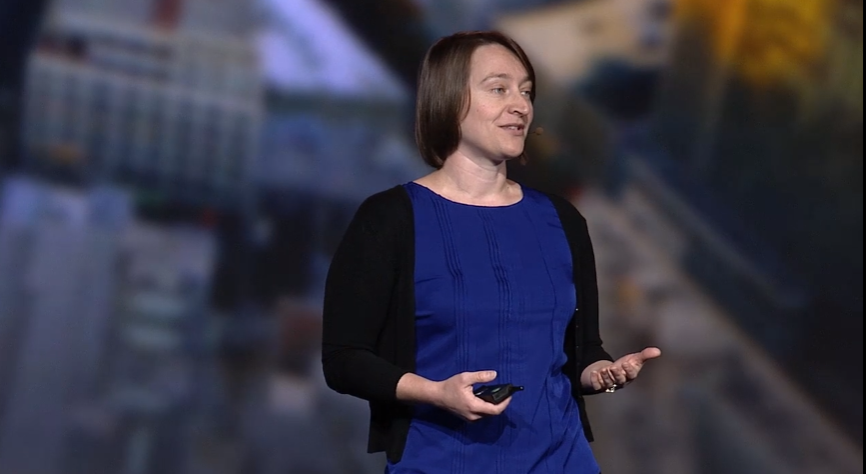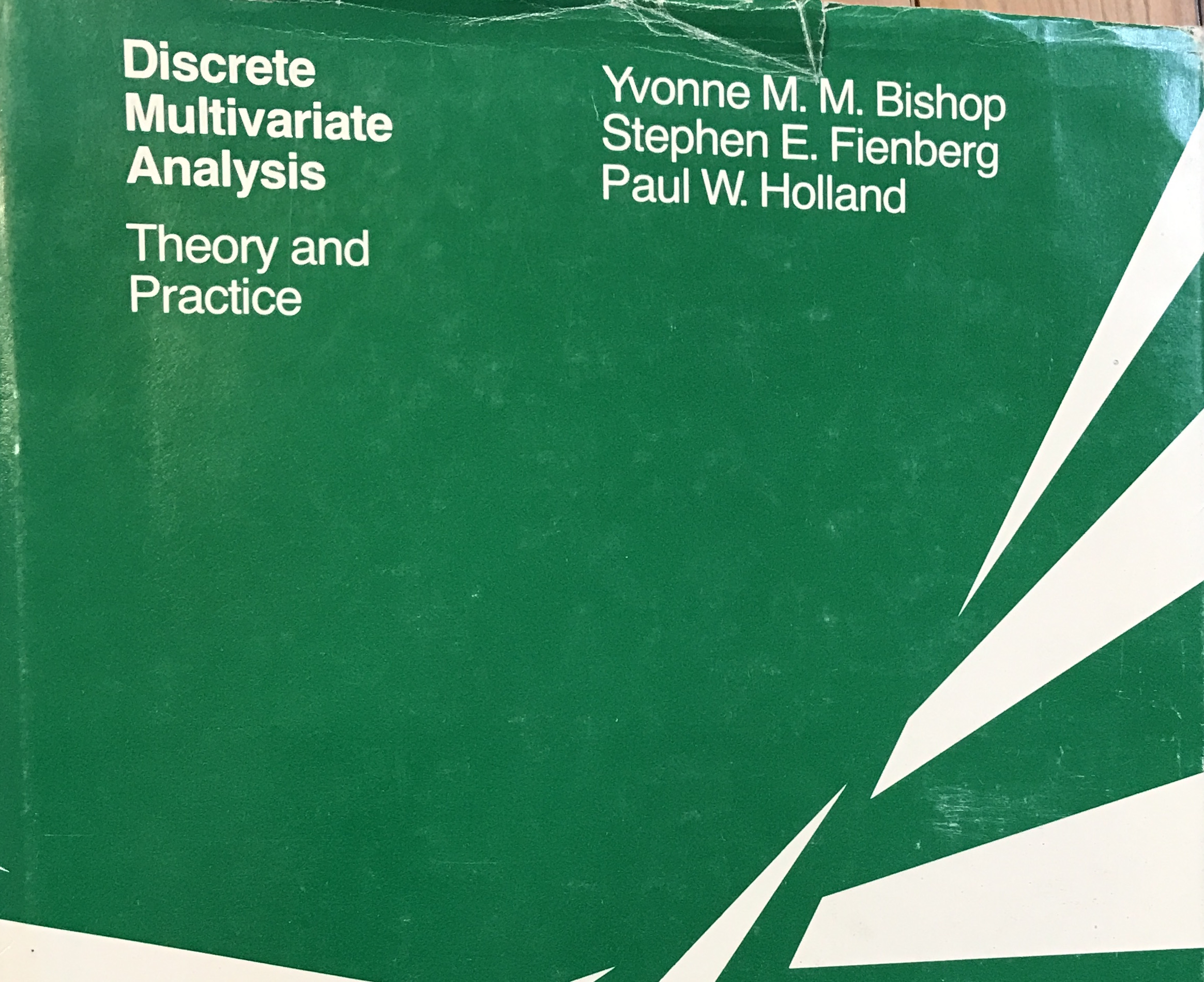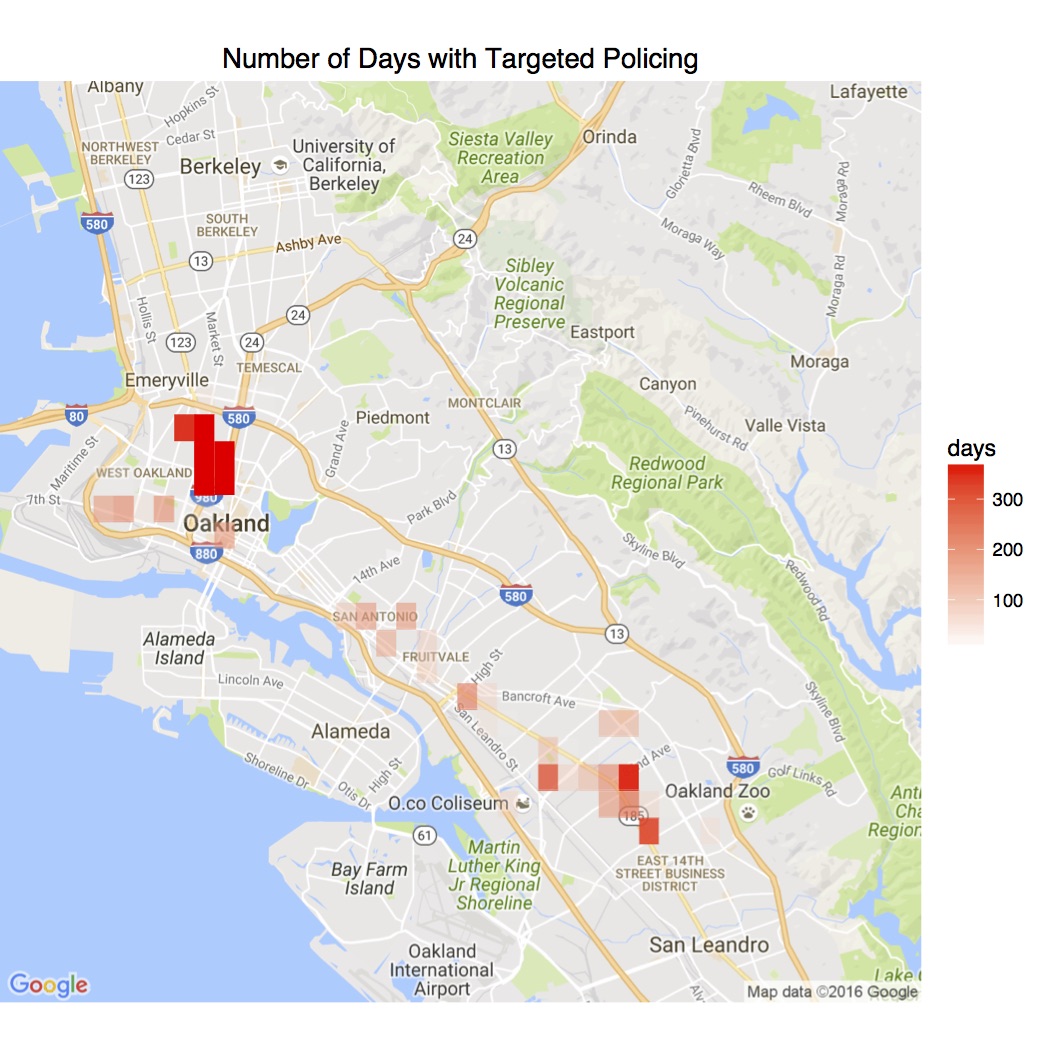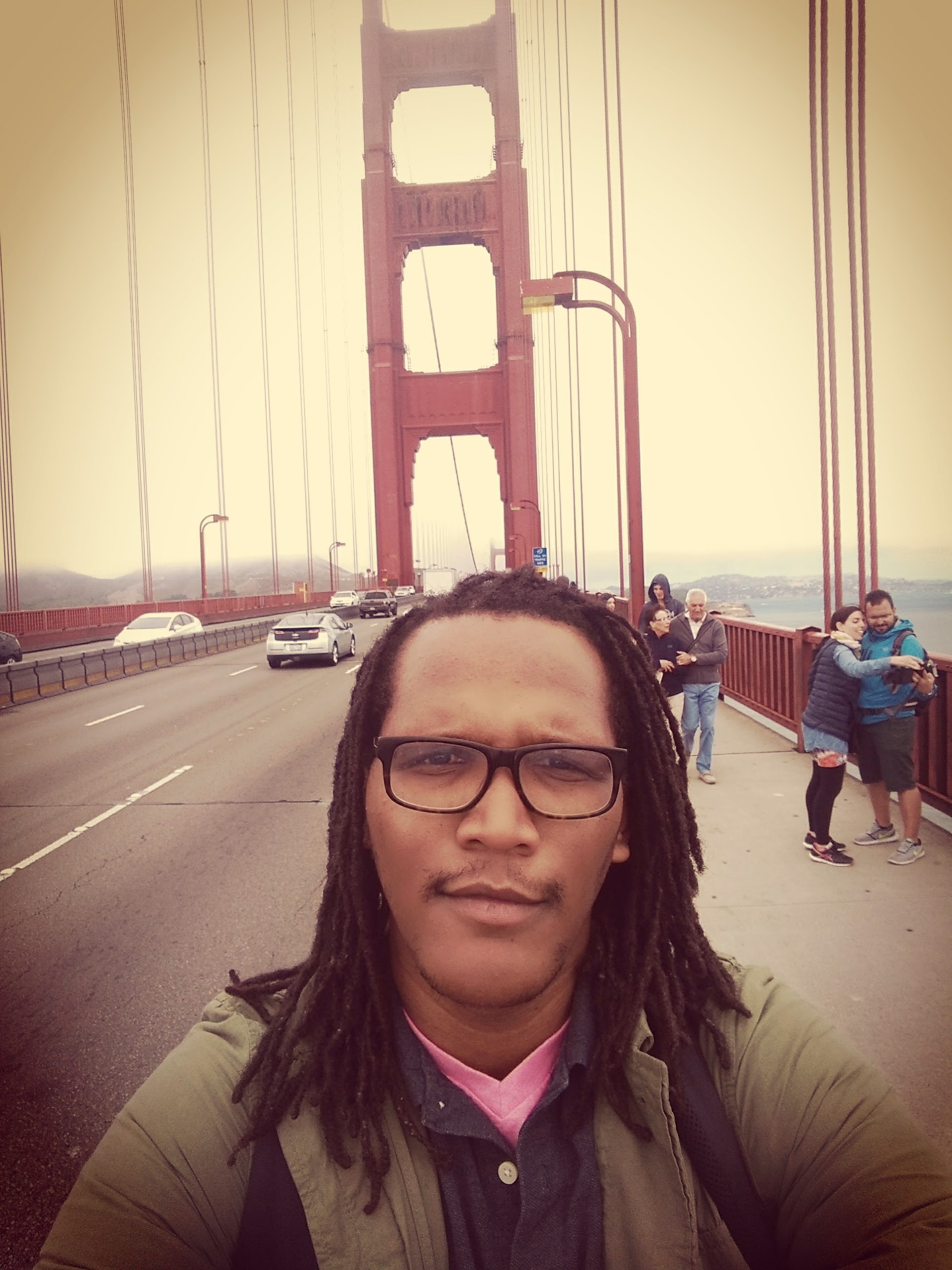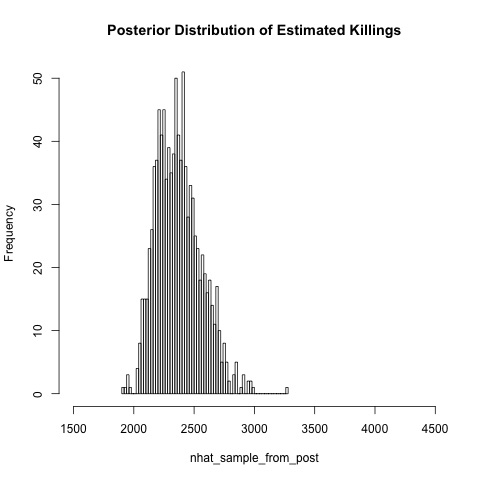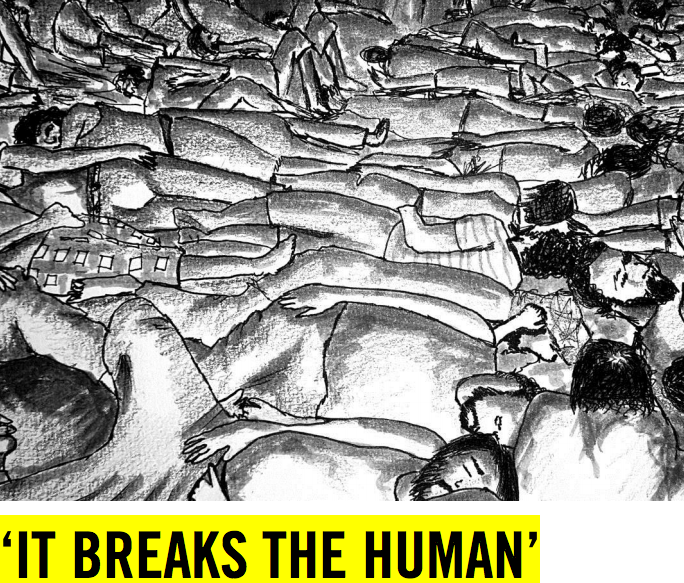Reflections: A Meaningful Partnership between HRDAG and Benetech
I joined the Benetech Human Rights Program at essentially the same time that HRDAG did, coming to Benetech from years of analyzing data for large companies in the transportation, hospitality and retail industries. But the data that HRDAG dealt with was not like the data I was familiar with, and I was fascinated to learn about how they used the data to determine "who did what to whom." Although some of the methodologies were similar to what I had experience with in the for-profit sector, the goals and beneficiaries of the analyses were very different.
At Benetech, I ...
Reflections: Richard Savage’s Vision Fulfilled
In 1984, as a fresh PhD, I heard Richard Savage give his presidential address at the Joint Statistical Meetings in Philadelphia. He called it "Hard/Soft Problems" and made a big pitch for statisticians to get involved in human rights data analysis. It was inspirational, and I was immediately sold. I started working with the American Statistical Association's Committee on Scientific Freedom and Human Rights (now chaired by HRDAG's own Megan Price). Over time, a growing set of statisticians became involved, initially in letter-writing campaigns to help dissident statis...
Reflections: Some Stories Shape You
The first time I met anyone at HRDAG, I was a journalist. It was 2006. I was working on a story about a graduate student at Carnegie Mellon who’d collaborated with the organization on a survey in Sierra Leone, and I contacted Patrick Ball to discuss the work. At the time, I found him challenging.
But I thought his work—trying to estimate how many people were killed, or, in that study, otherwise injured, during wars—was fascinating. Over the next few years, I got to know other researchers working on similar questions. In 2008, as the war in Iraq ramped up, I ...
Our Thoughts on the Violence in Charlottesville
This week, we join our friends and colleagues in feeling horrified by the violence in Charlottesville, Virginia. As we have for the past 26 years, we stand with the victims of violence and support human rights and dignity for all. We spend our careers observing and documenting mass political violence across the world. The demands by the so-called “alt-right” to normalize racism and social exclusion are all too familiar to us.
At HRDAG, our work is always guided by the Universal Declaration of Human Rights (UDHR). We reaffirm our commitment to these principles, in ...
Reflections: Pivotal Moments in Freetown
The summer of 2002 in Washington, DC, was steamy and hot, which is how I remember my introduction to HRDAG. I had begun working with them, while they were still at AAAS, in the late spring, learning all about their core concepts: duplicate reporting and MSE, controlled vocabularies, inter-rater reliability, data models and more. The days were long, with a second shift more often than not running late into the evening. In addition to all the learning, I also helped with matching for the Chad project – that is, identifying multiple records of the same violation – back ...
Reflections: A Simple Plan
I got an email from my superheroic PhD adviser in June 2006: Would I be interested in relocating to Palo Alto for six months in order to work with Patrick Ball at the Human Rights Data Analysis Group? (She'd gotten a grant and would cover my stipend.) Since I'd spent the last several months in New Haven wrestling ineffectually with giant, brain-melting methodological problems, I said yes immediately.
The plan with my adviser was simple: I'd digitize the ancient, multiply-photocopied pages of data from the United Nations Truth Commission for El Salvador, combine them ...
Reflections: HRDAG Was Born in Washington
I began working with HRDAG in the summer of 2001 before it was ever even called HRDAG. In fact, not intended as a boast, I think I’m responsible for coming up with the name. After contracting with Dr. Patrick Ball for a time writing the Analyzer data management platform, I left New York City and joined him in Washington, DC, at AAAS in 2002. Soon after starting, Patrick decided to establish an identity for this new team, consisting mainly of myself, Miguel Cruz and a handful of field relationships. We discussed what to name it briefly in the AAAS Science & Policy ...
Locating Hidden Graves in Mexico
For more than 10 years, and with regularity, Mexican authorities have been discovering mass graves, known as fosas clandestinas, in which hundreds of bodies and piles of bones have been found. The casualties are attributed broadly to the country’s “drug war,” although the motivations and perpetrators behind the mass murders are often unknown.
Recently, HRDAG collaborated with two partners in Mexico—Data Cívica and Programa de Derechos Humanos of the Universidad Iberoamericana—to model the probability of identifying a hidden grave in each county (municipio). ...
Reflections: It Began In Bogotá
It was July of 2006, I’d spent five years working at a local human rights NGO in Bogotá, and I had reached retirement age. But then a whole new world opened up for me to discover. Tamy Guberek, then HRDAG Latin America coordinator, whom I had met at the NGO, approached me about becoming part of the HRDAG Colombia team as a research/administrative assistant. Over a cup of suitably Colombian coffee, the deal was quickly "signed.” My responsibilities ranged from fundraising to translations, from support in data gathering for estimates on homicides and disappearances ...
Reflections: Growing and Learning in Guatemala
As a woman, mother and sociologist who is curious about the patterns of our political past in Guatemala, I feel privileged to know and work with the HRDAG team. Collaborating and learning from people like Patrick, Megan, Suzanne, Beatriz and Tamy has been an invaluable gift. I have discovered many things, both human and academic. For example, I’ve learned new ways of seeing what seemed everyday and simple, to discover that not only do the social sciences and statistics work hand in hand, but that they are critical for understanding Guatemala’s reality.
Twenty years ...
Letter from the Executive Director
Dear Friends,
This has been quite a year, and I don’t just mean the recent political events in the United States, Europe and the Middle East.
Thanks to your ongoing support, HRDAG has a number of accomplishments to be proud of this year:
Patrick’s testimony in the trial of Hissene Habré for crimes against humanity was cited by the judges three times in their determination of guilt.
We launched a book describing ten years of collaborative work with the Historic Archive of the National Police in Guatemala.
We contributed quantitative analyses to ...
Stephen Fienberg 1942-2016
We are saddened by the passing of Steve Fienberg yesterday in Pittsburgh, at the age of 74. He is perhaps best known around the world for bringing statistics to science and public policy and was a beloved professor at Carnegie Mellon University. At HRDAG we are in awe of and grateful for the work Steve did formalizing multiple systems estimation. His work on that front blazed a trail and essentially enabled all of our most important analytical work at the intersection of human rights and statistical science.
If we are to reduce the amount of human violence in the world, ...
HRDAG – 25 Years and Counting
Today is a very special day for all of us at HRDAG. This is, of course, the 68th anniversary of the Universal Declaration of Human Rights—but this day also marks our 25th year of using statistical science to support the advancement of human rights.
It started 25 years ago, in December 1991, in San Salvador, when Patrick Ball was invited to work with the Salvadoran Lutheran Church to design a database to keep track of human rights abuses committed by the military in El Salvador. That work soon migrated to the NGO Human Rights Commission (CDHES). Fueled by thin beer and ...
FAQs on Predictive Policing and Bias
Last month Significance magazine published an article on the topic of predictive policing and police bias, which I co-authored with William Isaac. Since then, we've published a blogpost about it and fielded a few recurring questions. Here they are, along with our responses.
Do your findings still apply given that PredPol uses crime reports rather than arrests as training data?
Because this article was meant for an audience that is not necessarily well-versed in criminal justice data and we were under a strict word limit, we simplified language in describing the data. ...
Training with HRDAG: Rules for Organizing Data and More
I had the pleasure of working with Patrick Ball at the HRDAG office in San Francisco for a week during summer 2016. I knew Patrick from two workshops he previously hosted at the University of Washington’s Centre for Human Rights (UWCHR). The workshops were indispensable to us at UWCHR as we worked to publish a number of datasets on human rights violations during the El Salvador Civil War. The training was all the more helpful because the HRDAG team was so familiar with the data. As part of an impressive career which took him from Ethiopia and Kosovo to Haiti and El ...
Using MSE to Estimate Unobserved Events
At HRDAG, we worry about what we don't know. Specifically, we worry about how we can use statistical techniques to estimate homicides that are not observed by human rights groups. Based on what we've seen studying many conflicts over the last 25 years, what we don't know is often quite different from what we do know.
The technique we use most often to estimate what we don't know is called "multiple systems estimation." In this medium-technical post, I explain how to organize data and use three R packages to estimate unobserved events.
Click here for Computing ...
HRDAG Names New Board Members Julie Broome and Frank Schulenburg
We are pleased to announce that HRDAG will be supported by two additions to our Advisory Board, Julie Broome and Frank Schulenburg.
We’ve worked with Julie for many years, getting to know her when she was Director of Programmes at The Sigrid Rausing Trust. She is now the Director of London-based Ariadne, a network of European funders and philanthropists. She worked at the Trust for seven years, most notably Head of Human Rights, before becoming Director of Programmes in 2014. Before joining the Trust she was Programme Director at the CEELI Institute in Prague, where ...
Predictive Policing Reinforces Police Bias
Issues surrounding policing in the United States are at the forefront of our national attention. Among these is the use of “predictive policing,” which is the application of statistical or machine learning models to police data, with the goal of predicting where or by whom crime will be committed in the future. Today Significance magazine published an article on this topic that I co-authored with William Isaac. Significance has kindly made this article open access (free!) for all of October. In the article we demonstrate the mechanism by which the use of predictive ...
Judges in Habré Trial Cite HRDAG Analysis
Three months after the announcement of the momentous verdict finding former Chadian president Hissène Habré guilty of crimes against humanity, the presiding judges have released the full, written 681-page judgment of the court. Testimony given by HRDAG’s director of research, Patrick Ball, is mentioned at three points in the verdict.
The judges included in their written judgment the HRDAG analysis that the mortality rate in Habré prisons was staggeringly high—much higher than the mortality rate among the population as a whole. Here’s an excerpt from the ...
HRDAG and Amnesty International: Prison Mortality in Syria
Today Amnesty International released “‘It breaks the human’: Torture, disease and death in Syria’s prisons ,” a report detailing the conditions and mortality in Syrian prisons from 2011 to 2015, including data analysis conducted by HRDAG.
The report provides harrowing accounts of ill treatment of detainees in Syrian prisons since the conflict erupted in March 2011, and publishes HRDAG’s estimate of the number of killings that occurred inside the prisons.
To accompany the report, HRDAG has released a technical memo that explains the methodology, ...

